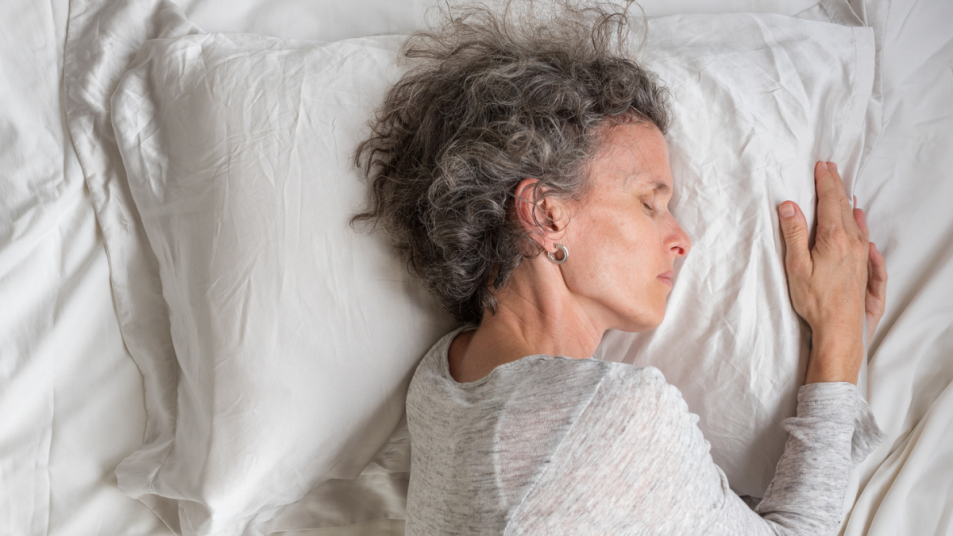How Long Should It Actually Take to Fall Asleep?

Heading to bed can be a struggle for a lot of people. So many of us toss and turn for hours on end before finally getting comfortable and dozing off. But is there really an optimal amount of time it should take you to fall asleep? Research actually says yes — and taking longer could be a sign of underlying health issues.
The process of falling asleep is called “sleep latency,” and scientists have found people should drift off within 10 to 20 minutes of lying down for the healthiest night’s rest. The National Sleep Foundation has also confirmed these findings. And while a restless night here and there is typical (we all have a rough time on occasion!), it shouldn’t be something that you’re dealing with several times per week or every evening.
Researchers have also discovered that the amount of time it takes you to fall asleep actually affects the overall quality of your sleep, no matter how long you’re out for. That means that even if you get seven or eight hours of sleep per night but it takes you an hour to initially drift off, you’re going to have a less restful night than someone who sleeps the same amount of time but falls asleep quicker.
If you consistently take way longer than 20 minutes to start getting that shut-eye, you’re not alone; one in four Americans suffer from insomnia every year, which includes people who have trouble getting to sleep. There are, however, a few easy steps you can take to make your evening routine a little more seamless:
- Turn off any electronics at least 30 minutes before bed so that you’re not distracted. This also allows your eyes to readjust from blue light exposure.
- Do some light cleaning or prep work around the house, like folding laundry or putting away dishes. These habits are simple and routine, so they relax your mind.
- Turn down the temperature of your bedroom and close any curtains or shades. Colder temperatures and darker rooms are proven to help with sleep regulation.
- Don’t focus too hard on going to bed right away; in fact, your anxiety over your bedtime could keep you up even longer! Just let your mind drift and your breath calm.
- Try a product like melatonin (Buy on Amazon, $11.49) to help you manage your sleep cycles.
If none of these strategies work, it may be time to visit your doctor and find out if there’s a larger health problem at play, like a cardiovascular or neurological issue. It’s better to get that professional opinion than continue to struggle!












